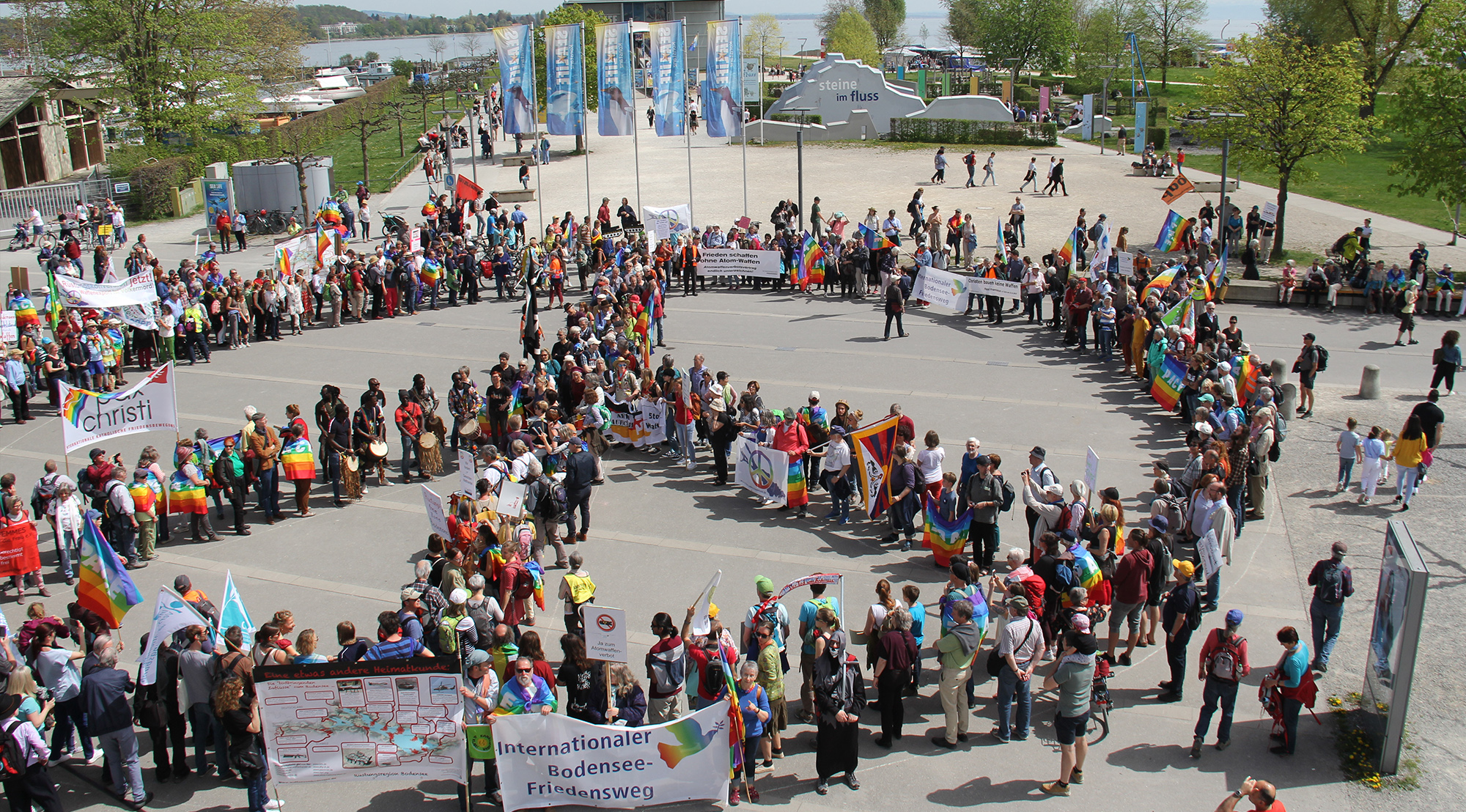In relation to SDG 16 on the theme of peace, it has become strikingly clear that the 2030 Agenda has been negotiated between governments with a ‘toothless’ approach regarding peace policy demands. Security policy, army, and arms policy are an expression of state sovereignty, even in the context of the UNO. As yet there are no demands for arms limitations, disarmament, or even simply the monitoring of arms. Not once has universal observance of the treaties to ban proscribed weapons, or of the Arms Trade Treaty (ATT), been called for. In point 16.4, the sole requirement is that “by 2020, illegal financing of and flows of weapons should be substantially reduced” (but not, it seems, eliminated).
Is the 2030 Agenda therefore ineffective from a peace policy perspective and can be simply put aside? This would be – spoken in military terms – a capitulation in advance and, at the same time, an acceptance of the sanctity of the military in international politics. Amidst the current debate around the climate catastrophe, it’s crucial to remember that war is always the worst form of environmental destruction, even if “the civilian world” has long lost its “innocence” and has caught up considerably in its potential for destruction. Restricting ourselves to demanding “civil solutions” therefore falls short. This is currently being proved by the 2030 Agenda, which convincingly shows how great the need for action is in different areas.
We should use the “weaknesses” of SDG 16 regarding specific peace policy postulates as an opportunity. The fact that the unformulated postulates do not require monitoring of their implementation leaves room for interpretation regarding what exactly should be changed within the area of security policy so that the goals of the 2030 Agenda can be achieved overall. This begins with the levels of military spending, the savings potential of which needs to be explored in order to free up urgently needed resources in other areas. In Switzerland, we are particularly presented with the beneficial opportunity to question the current design of the security policy, which even twenty years after the end of the bloc confrontation, is still unable to break away from a cold war mindset. In the article “Conceiving and shaping Swiss policy from the standpoint of peace” in the NGO report on the implementation of the 2030 Agenda “How sustainable is Switzerland?”, Anna Leissing and I explored what such a reorientation could look like, with a move away from outdated, autonomous defense as the cornerstone of security policy, towards involvement in the UNO (and OSZE) system of collective security as the main task of the army which would also finally enable the categorical renouncement of war materials exportations. At the same time, this strengthens the position of Switzerland within the UNO and gives additional legitimacy to its candidacy for a non-permanent seat in the Security Council for 2023. Will our defense minister, who has introduced unconventional thinking into the DDPS with great courage, also be ready and capable to initiate such a rethinking in security policy? We are happy to help her with this Herculean task.


